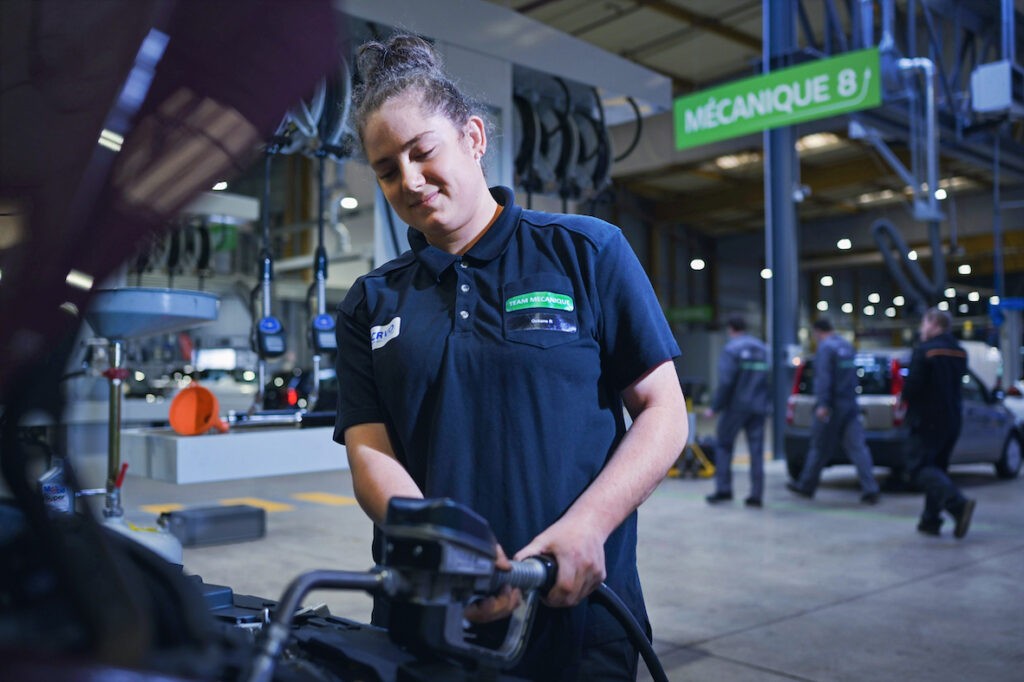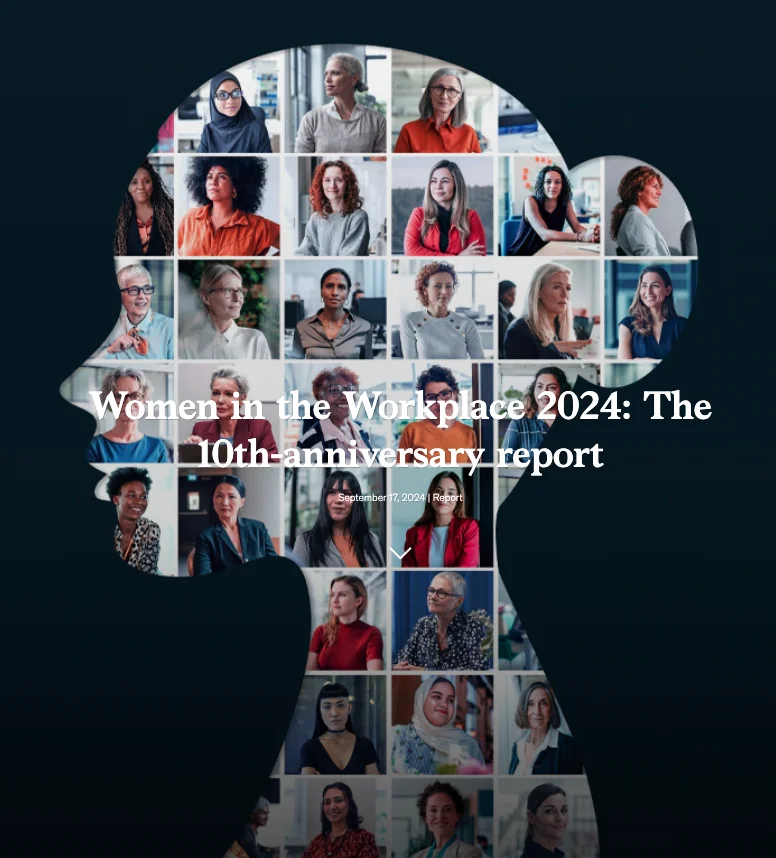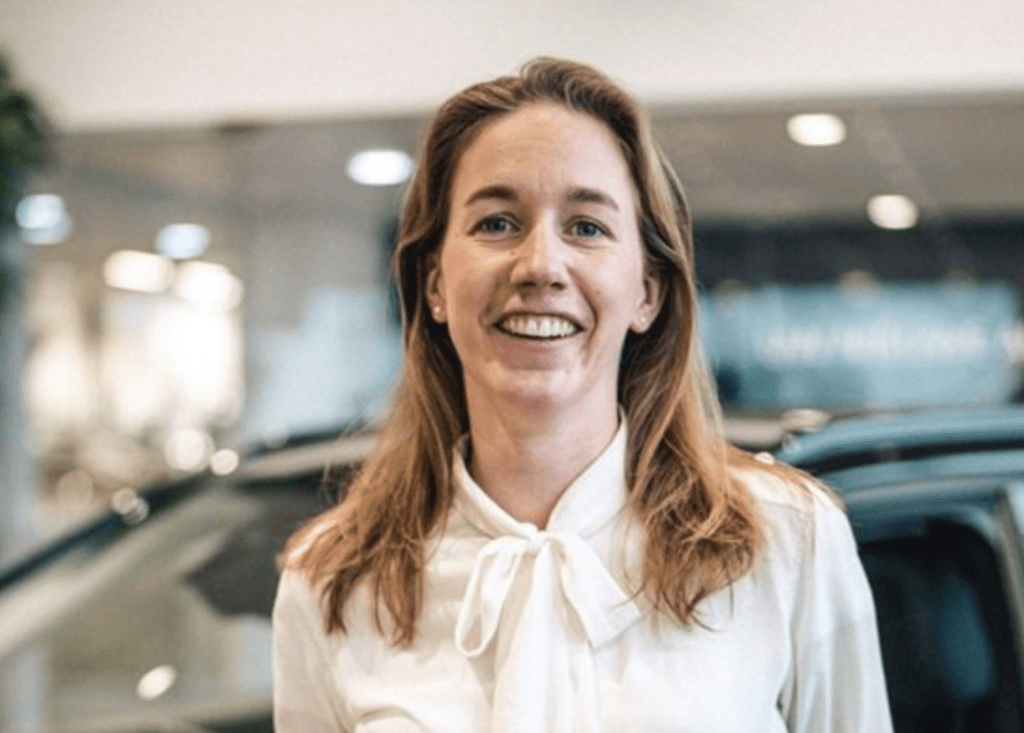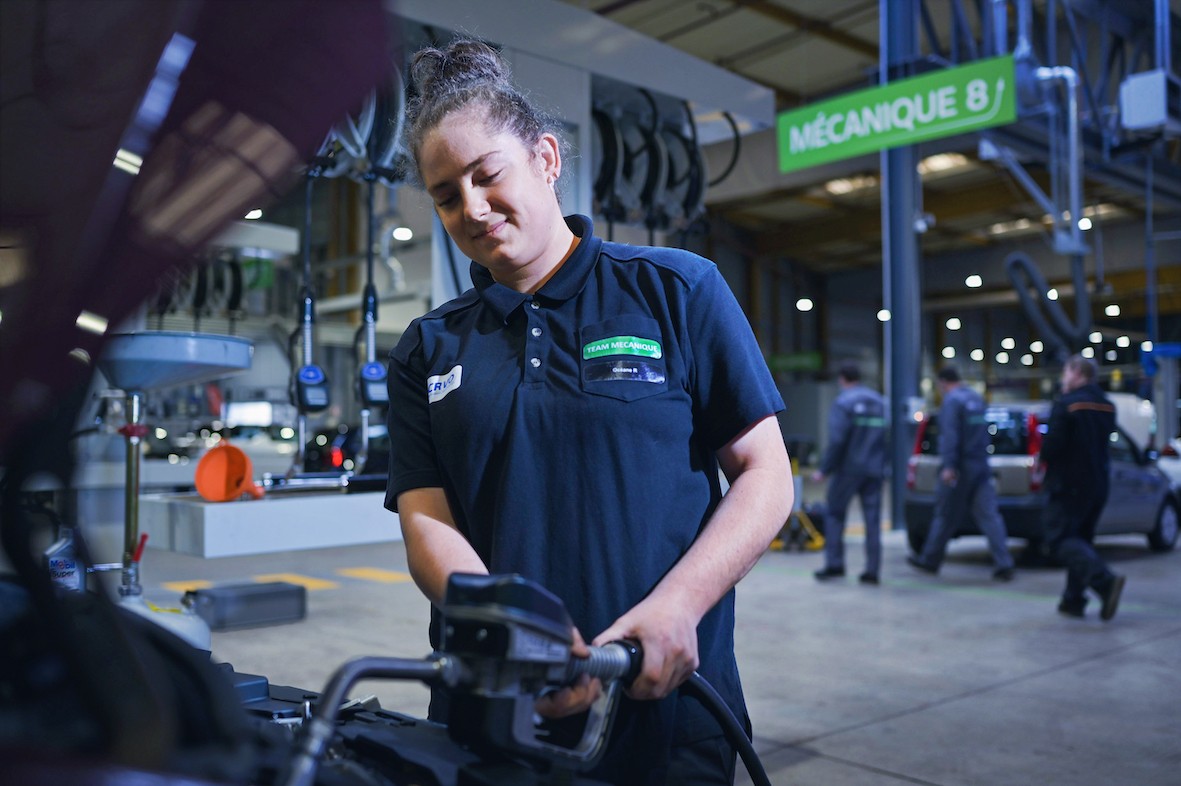This paper discusses the concept of ‘fairness’ in transport, specifically regarding women using public transport, future autonomous vehicle taxis or bicycle sharing. Women generally have varying and complex mobility patterns compared to men and suffer disproportionate fairness issues when using transport.
Different concepts of fairness are explored, including: equality of opportunity, equity and justice (including procedural, social and distributional justice). While each of these concepts has different implications for women using transport, it is also recognized that fairness principles should apply to all people (regardless of sex, gender or other characteristics).
Analysis of the different forms of mobility, as represented by public transport, autonomous vehicles and bicycle sharing, illustrate a variety of specific fairness issues. Factors such as safety and security, cost, physical design of infrastructure and vehicles, and characteristics such as low-income or childcare responsibilities arise in each case.
The three cases also indicate a range of both horizontal fairness factors (similar people being treated similarly) and vertical fairness factors (such as more disadvantaged people receiving greater support). Further research is required into setting frameworks for a more comprehensive inclusion of, and balance between, different concepts of fairness and their interactions in both transport policy and practice.






















